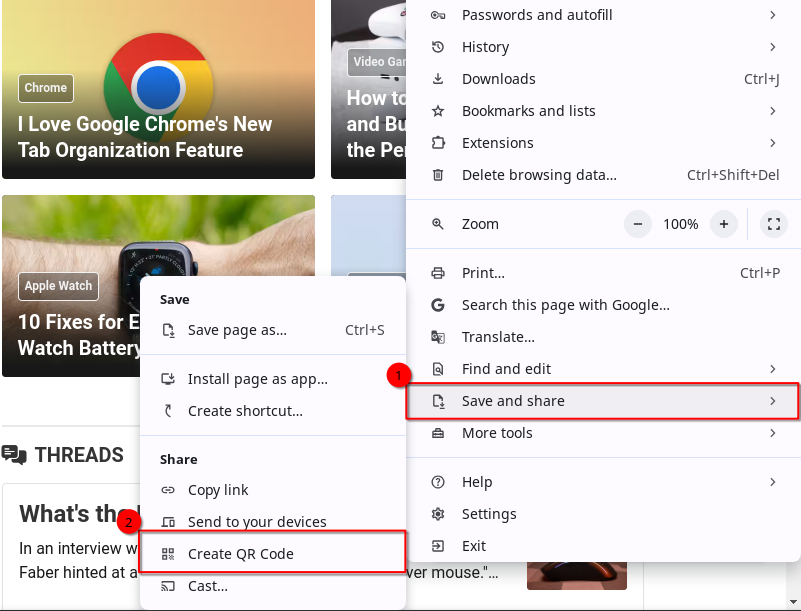Key Takeaways
- QR codes are not running out. They are not a finite resource on the Internet like IP addresses technically are.
- QR codes store a limited amount of data but can be generated limitlessly.
- The idea of QR code depletion originated as a joke on social media and is not based in reality.
Recently, we’ve heard a rumor of a coming apocalypse in the tech world: QR codes will soon be used up. I can tell you that this simply isn’t true. In reality, it’s an absurd way to talk about QR codes and similar technologies. Here’s why.
Are We Running Out of QR Codes?
Simply put, no, the world is not facing a shortage of QR codes. They are not a finite resource. In fact, they’re not a resource at all. They’re simply one way of storing and displaying data, the way that a UPC barcode is one way of displaying a set of numbers. Both QR codes and barcodes are intended to be easily and reliably read by a machine.
QR codes (short for “Quick Response” codes) were invented in Japan in 1994, and since then they’ve become known for containing links to websites. They can contain virtually any information you want to put in them, though, not just web addresses. Depending on the QR code standard you’re using, you can store around 3kb of data in one. If you wanted, you could store entire files or applications inside QR codes (though you’d need a lot of paper to print them all).
The truth is that though QR codes are limited in how much data they can contain, there’s no limit to how many times you can generate them. Even if you somehow managed to create a QR code for every single combination of data they can hold, everyone could still go on generating and using them. QR codes will continue to work even if someone, somewhere, has generated the same code before.
Where Did the QR Code Shortage Idea Come From?
As far as we can tell, the QR code doomsday started as a joke on X (formerly known as Twitter). One X post from 2022 warned that “QR codes are 80% depleted” and that the other 20% would be exhausted “around 2025”. The meme gained traction and, evidently, some people didn’t catch the humor. I’m writing this in 2024, so we can look forward to the joke having another layer of irony post-2025.
Now, there are forms of data that we are technically at risk of depleting. For example, IP addresses in the traditional IPv4 format are a finite resource set to run out sooner rather than later. These addresses are used to identify unique devices connected to the Internet so that every device can be found and communciated with reliably. The 32-bit format of IPv4 creates a pool of possible addresses simply not big enough to account for every unique device in existence, at least at the pace the Internet is growing. IPv6 was created to solve this problem, creating a pool essentially 1,000 times larger.
Go Ahead, Make One Yourself
If we’re talking QR codes, though, you can generate them to your heart’s content. They’re not being used as unique addresses for telecommunications, so duplicates don’t cause problems the way duplicate IP addresses would.
If you do a web search for “qr code generator,” there are plenty of websites that will let you make them for free. If you’re using Chrome, you can generate one containing a link leading to this webpage right now by clicking the three dots in the top-right corner of your browser, followed by hitting “Share” on a mobile phone or Save and Share > Create QR Code on a desktop.
While we do have plenty of resources that need to be protected on our planet, rest assured the QR code you just generated isn’t one of them. Instead, learn how to properly recycle old electronics, or which and how batteries can be recycled.





